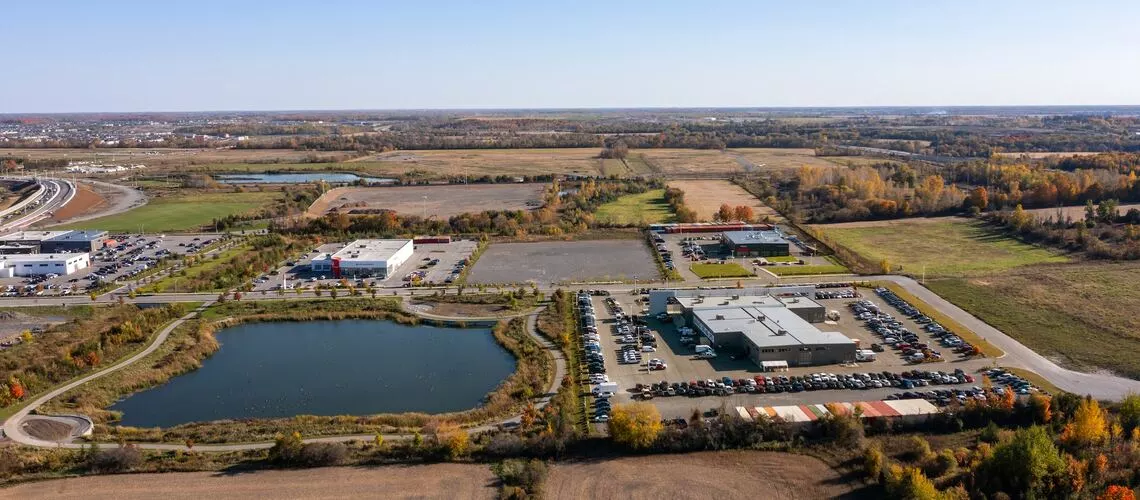In the bustling property landscape of Melbourne, while buildings often steal the limelight, the underlying land plays an equally, if not more, crucial role in determining value. Assessing the worth of a piece of land goes beyond merely measuring its size. Numerous subtleties, from zoning laws to potential development prospects, shape its true value. Let’s journey into the nuanced world of land valuations and unearth the myriad factors that set the stage for Melbourne’s dynamic real estate scene.
Understanding Zoning Laws and Their Implications
Zoning: The Land’s Blueprint
Central to the concept of land valuations is the understanding of zoning laws. These regulations, dictated by local councils, determine the specific uses allowed for a parcel of land. Whether it’s residential, commercial, industrial, or mixed-use, the zoning type can vastly influence land value.
The Flexibility and Constraints of Zoning
Beyond the primary use, zoning laws in Melbourne can also stipulate various conditions like building heights, setbacks, and density allowances. A piece of land with flexible zoning, or the potential for rezoning, can command a higher valuation due to its versatility and development opportunities.
Exploring the Land’s Future Potential
Development Prospects
A significant aspect that amplifies the value of land is its developmental potential. Factors such as the land’s slope, soil quality, and any environmental constraints can either bolster or diminish its prospects. A flat block in Melbourne with minimal obstructions, for instance, is a developer’s dream and likely to attract a premium.
Infrastructure and Future Growth
The potential value of land isn’t solely tied to its present state. Upcoming infrastructure projects, like new transport links, schools, or commercial hubs, can propel its future worth. Being privy to Melbourne land insights, including planned urban developments, can provide a foresight-driven valuation advantage.
Melbourne-Specific Land Considerations
- Proximity to CBD: Land parcels closer to Melbourne’s city centre often attract higher valuations due to their strategic location and connectivity.
- Local Amenities: The presence of local schools, parks, shopping districts, and healthcare facilities can significantly bolster land value.
- Neighbourhood Reputation: Certain suburbs or localities in Melbourne have a storied reputation, whether it’s for their history, culture, or safety, influencing land valuation.
- Environmental Considerations: Factors such as flood zones, coastal regulations, and heritage overlays can have nuanced implications on land value.
Land Valuations: A Symphony of Factors
Land, in its essence, is a canvas brimming with potential. In Melbourne’s vibrant property market, discerning the true value of this canvas requires a delicate balance of understanding current realities and anticipating future prospects. With the complexities of zoning laws, development possibilities, and location-specific nuances, land valuations become a compelling dance of art and science, of tangible measurements and intangible potentials.



